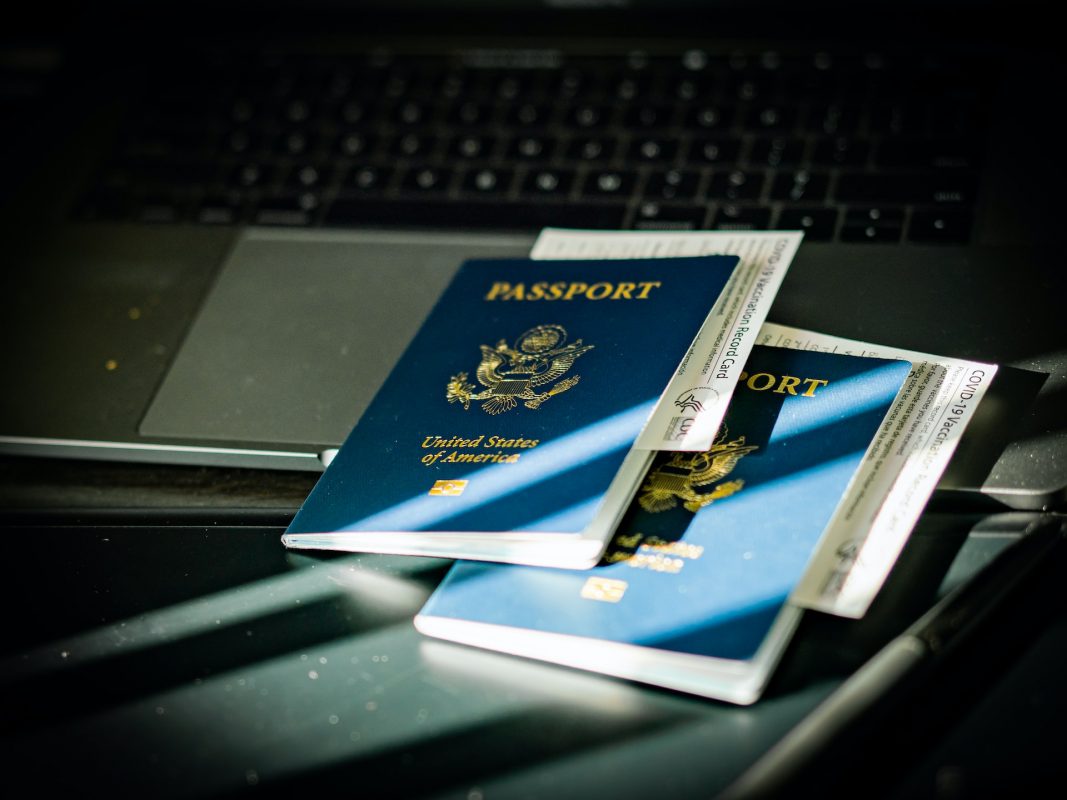Vietnamese law has recorded specific provisions to consider issuing temporary residence cards to foreigners entering Vietnam when they meet certain conditions.
The regulations on granting “temporary residence cards” are stated in the following legal documents:
– Law on Entry, exit, transit, and residence of foreigners in Vietnam (Law No. 47/2014/QH13 dated June 16, 2014 as amended and supplemented by Law No. 51/2019/QH14 dated September 25, 2019);
– Circular of the Ministry of Public Security stipulating the form of documents related to the entry, exit and residence of foreigners in Vietnam (Circular No. 04/2015/TT-BCA dated January 5, 2015 as amended and supplemented by Circular No. 57/2020/TT-BCA dated June 10, 2020);
– Circular No. 25/2021/TT-BTC dated April 7, 2021 of the Ministry of Finance stipulating the collection rate, mode of collection, payment, management and use of fees and charges in the field of exit, entry, transit and residence in Vietnam.
Cases in which foreigners are considered for temporary residence cards
According to the provisions of Article 36, Article 37 and Article 38 of the Law on Entry, exit, transit and residence of foreigners in Vietnam, foreigners entering Vietnam will be issued temporary residence cards in the following cases:
– Foreigners who are members of diplomatic missions, consular offices, representative offices of international organizations under the United Nations, intergovernmental organizations in Vietnam and their spouses, children under 18 years of age, term-based maids are issued temporary residence cards with symbol NG3;
– Foreigners issued visas with symbols LV1, LV2, ĐT, NN1, NN2, DH, PV1, LĐ, TT are considered for issuance of temporary residence cards with symbols similar to visa symbols.
Term of temporary residence card
– The temporary residence card is valid for at least 30 days shorter than the remaining validity of the passport. Expired temporary residence card will be considered for issuance of a new card;
– Temporary residence cards with symbols NG3, LV1, LV2, ĐT and DH are valid for no more than 5 years;
– Temporary residence cards with symbols NN1, NN2, TT are valid for no more than 03 years;
– Temporary residence cards with symbols LĐ and PV1 are valid for no more than 02 years.
Components of the application for a temporary residence card
– A written request for issuance of a temporary residence card from the inviting or guarantoring agency, organization or individual (form NA6 for agencies or organizations; form NA7 for individuals);
– Application form for temporary residence card for foreigners (form NA8);
– Passport;
– Proof of eligibility for a temporary residence card is one of the following documents: a work permit or other valid documents proving eligibility for a temporary residence card;
– 02 recent photos, size 2x3cm, white background, straight face, bare head, no colored glasses (01 photo glue to the declaration form and 01 photo keep separately).
The procedures for applying for a temporary residence card
Step 1: Submit application for temporary residence card
A foreign diplomatic mission, consular office or other authorized agency in Vietnam shall submit an application for a temporary residence card with the symbol NG3 at a competent authority of the Ministry of Foreign Affairs.
Agencies, organizations and individuals that invite or guarantee directly submit dossiers of application for temporary residence cards to foreigners in the remaining cases (foreigners who are issued visas with symbols LV1, LV2, ĐT, NN1, NN2, DH, PV1, LĐ, TT) at the immigration management agency where the inviting or guaranteeing agency or organization is headquartered or where the inviting or guarantor resides.
Step 2: The officer receives, checks the legality and content of the application
If it is complete and valid, the officer will receive the application, print and hand over the receipt, and schedule a date to return the results.
If the dossier is not valid, the officer shall guide the submitter to supplement the dossier for completeness.
Step 3: Solve the issue temporary residence card
Within 05 working days from the day on which the complete application is received, the immigration management agency or the competent agency of the Ministry of Foreign Affairs shall consider and issue a temporary residence card.
Step 4: Get the result
The person who comes to receive the results gives the receipt, identity card or passport to the officer for inspection and comparison. If the result is a temporary residence card, the person receiving the result must pay a fee, then sign and receive the temporary residence card. If the result is that a temporary residence card is not issued, the officer shall notify the result.
Additional notes on temporary residence card issuance:
Agencies or organizations that invite or guarantee foreigners to enter Vietnam, if they have not yet proved their legal status at the Immigration Department, the Ministry of Public Security, must carry out this procedure before applying for a temporary residence card to a foreigner. Documents proving legal status to be submitted at the Immigration Department include:
– License or Decision of the competent authority on the establishment of the organization (notarized);
– The organization’s operation registration document (notarized) issued by a competent agency of the provincial People’s Committee;
– Written introduction, seal and signature of the legal representative of the organization (form NA16);
The above submission is done only once. When there is a change in the contents of the dossier, the above-mentioned agency or organization must send a written notice to the Immigration Department to supplement the dossier.


 Tiếng Việt
Tiếng Việt